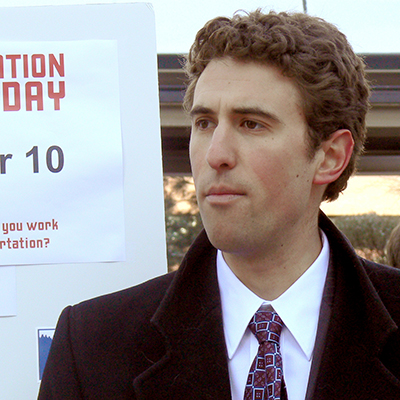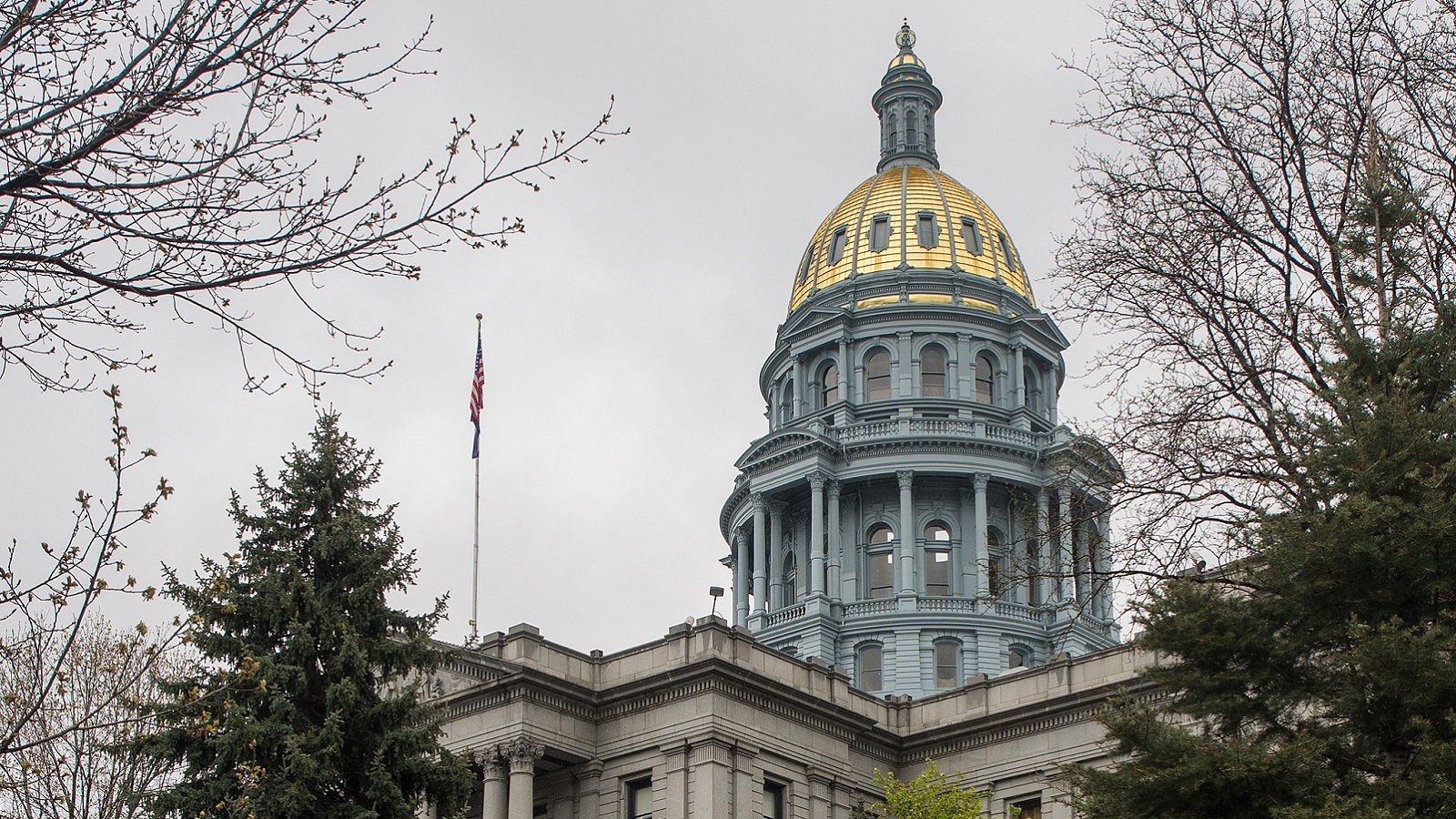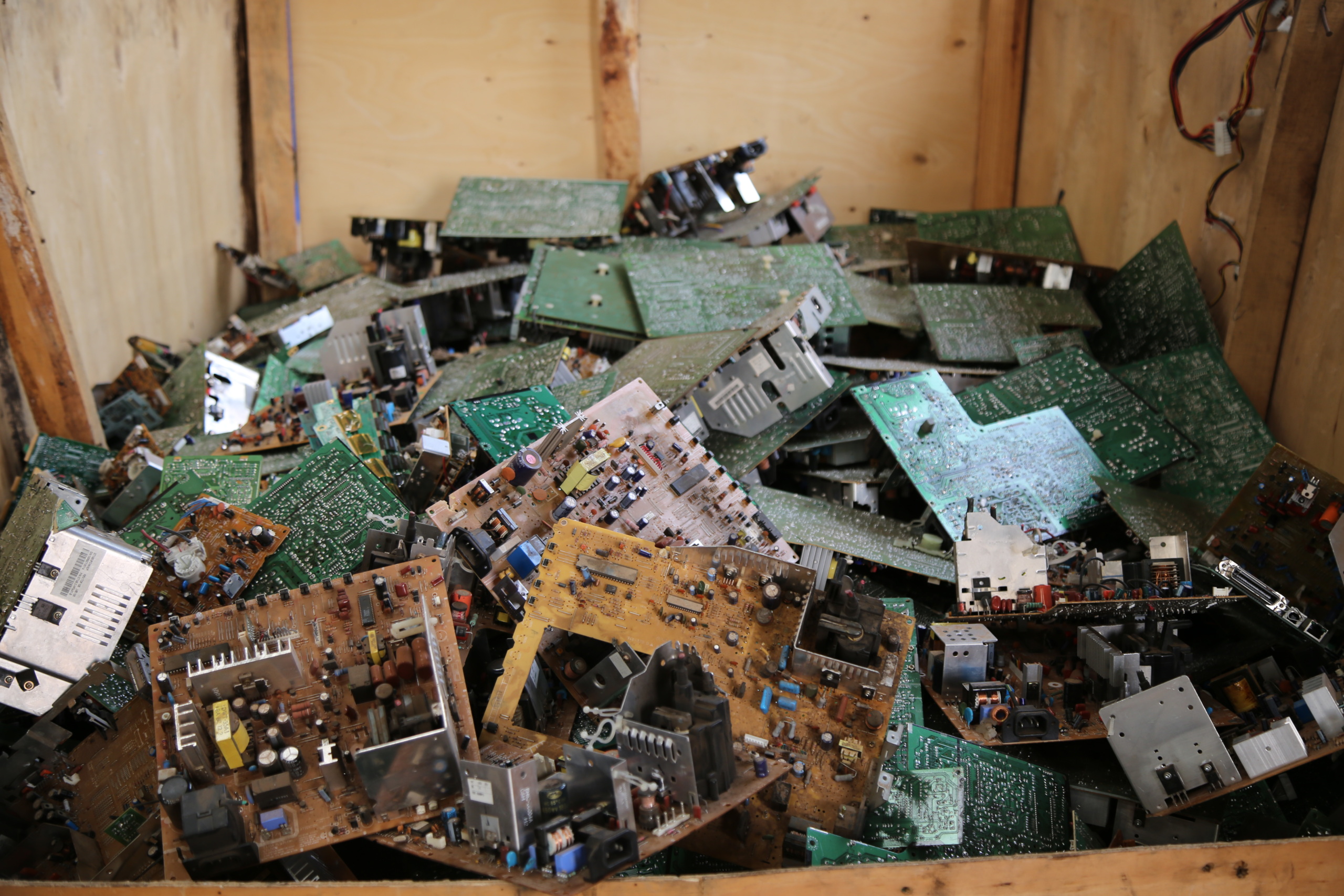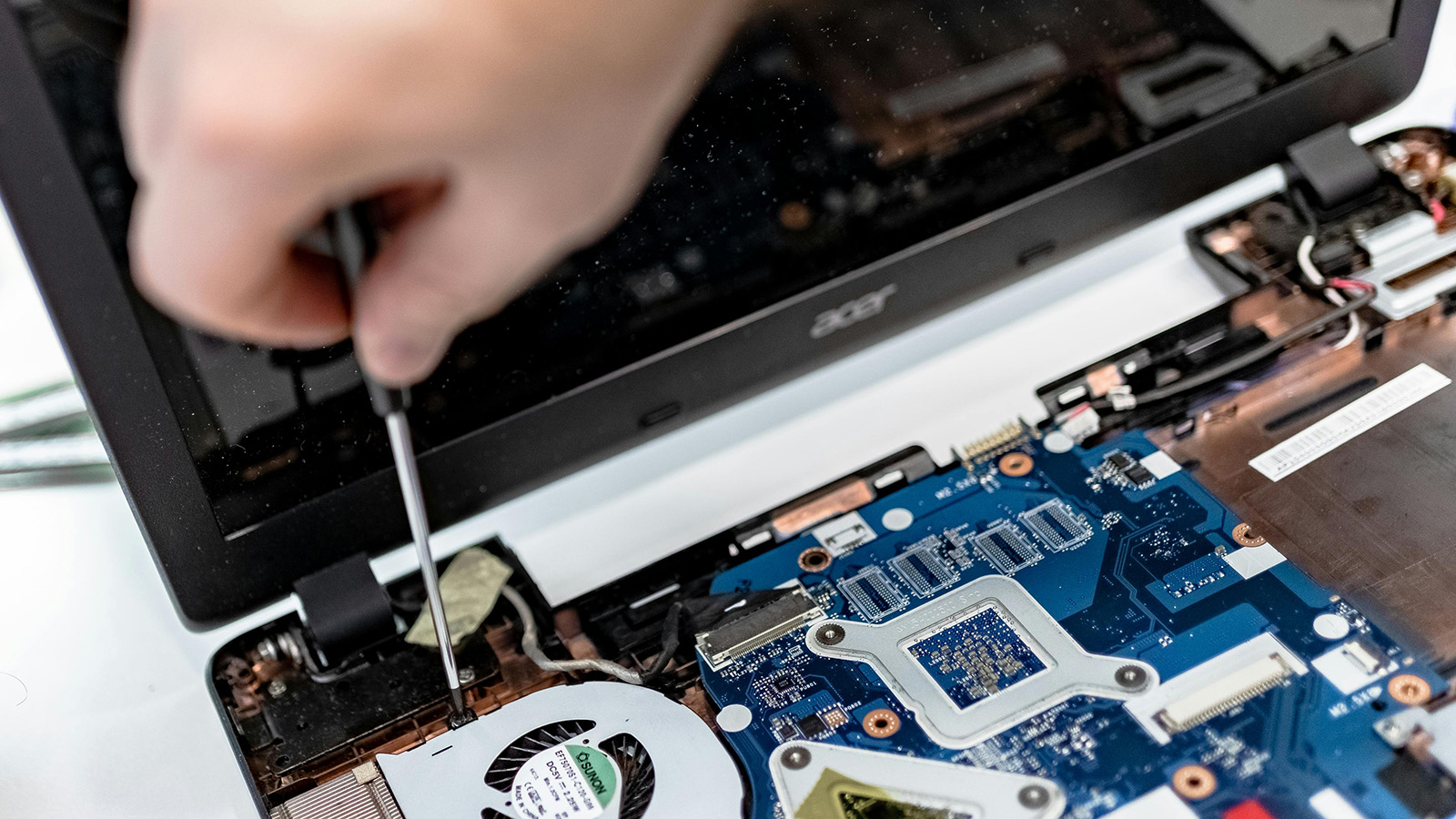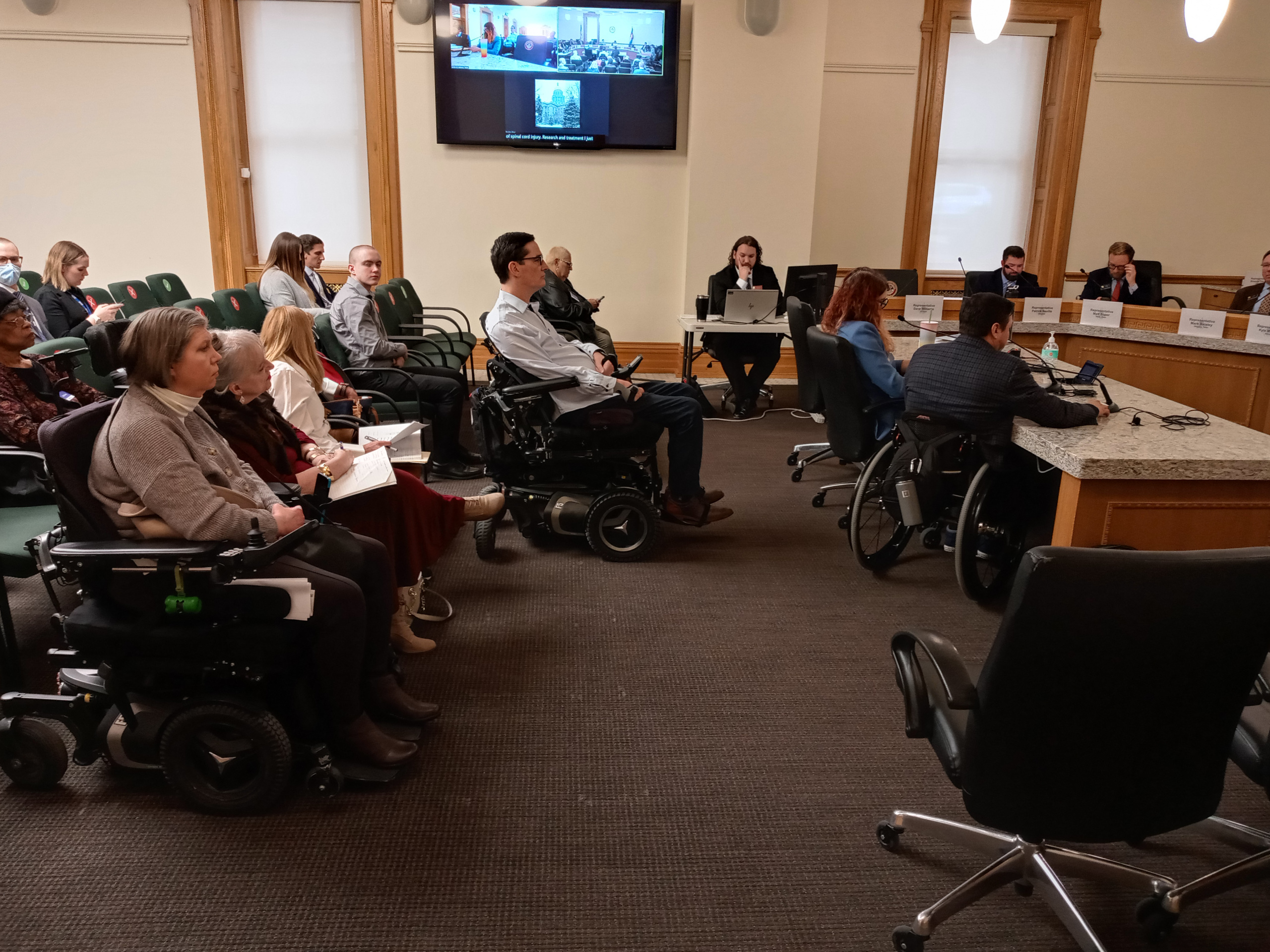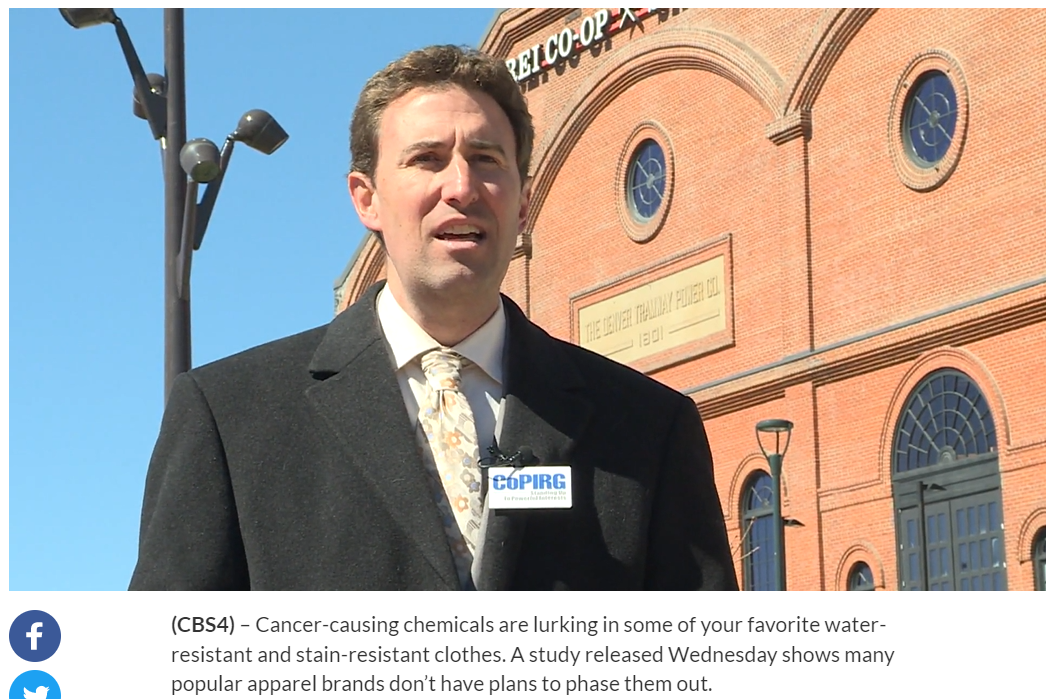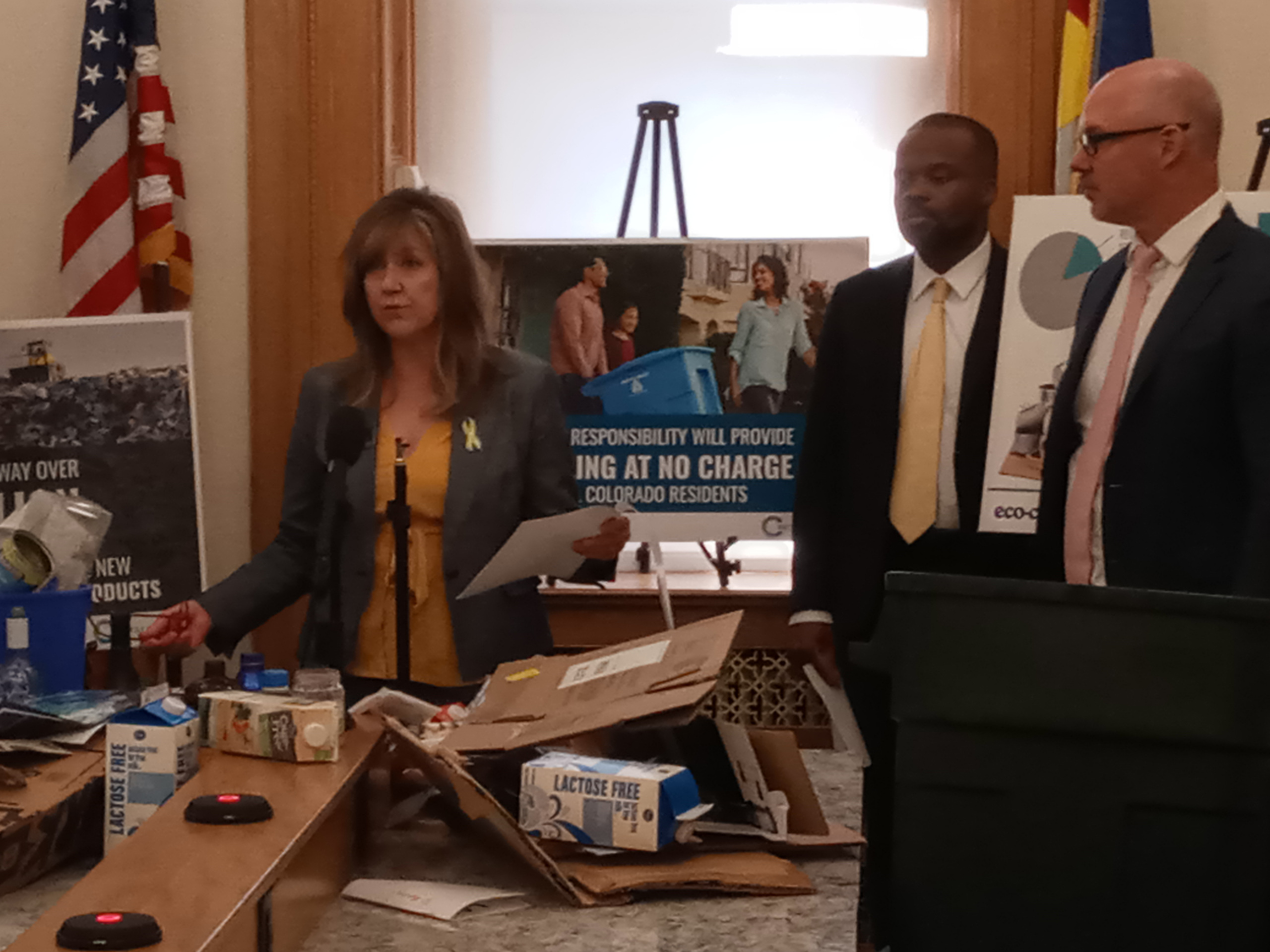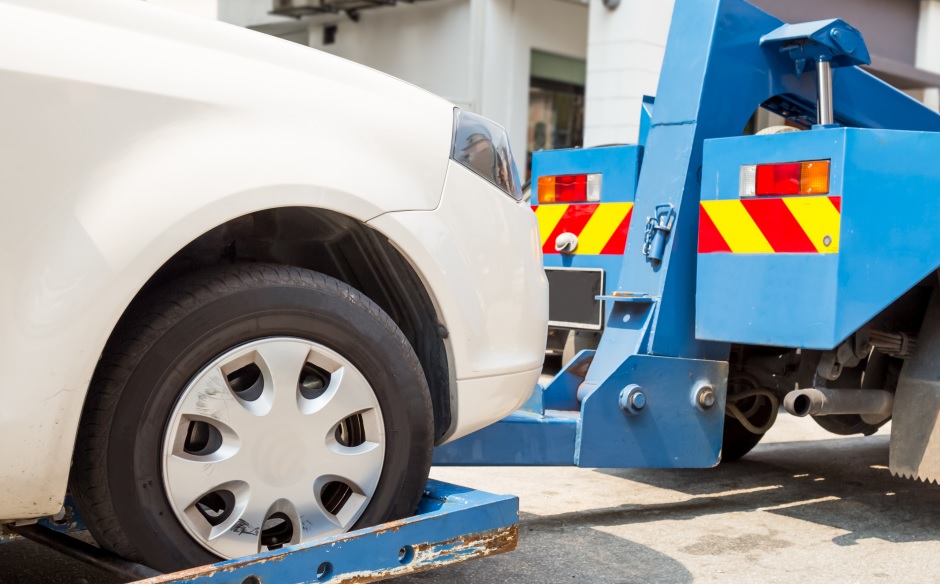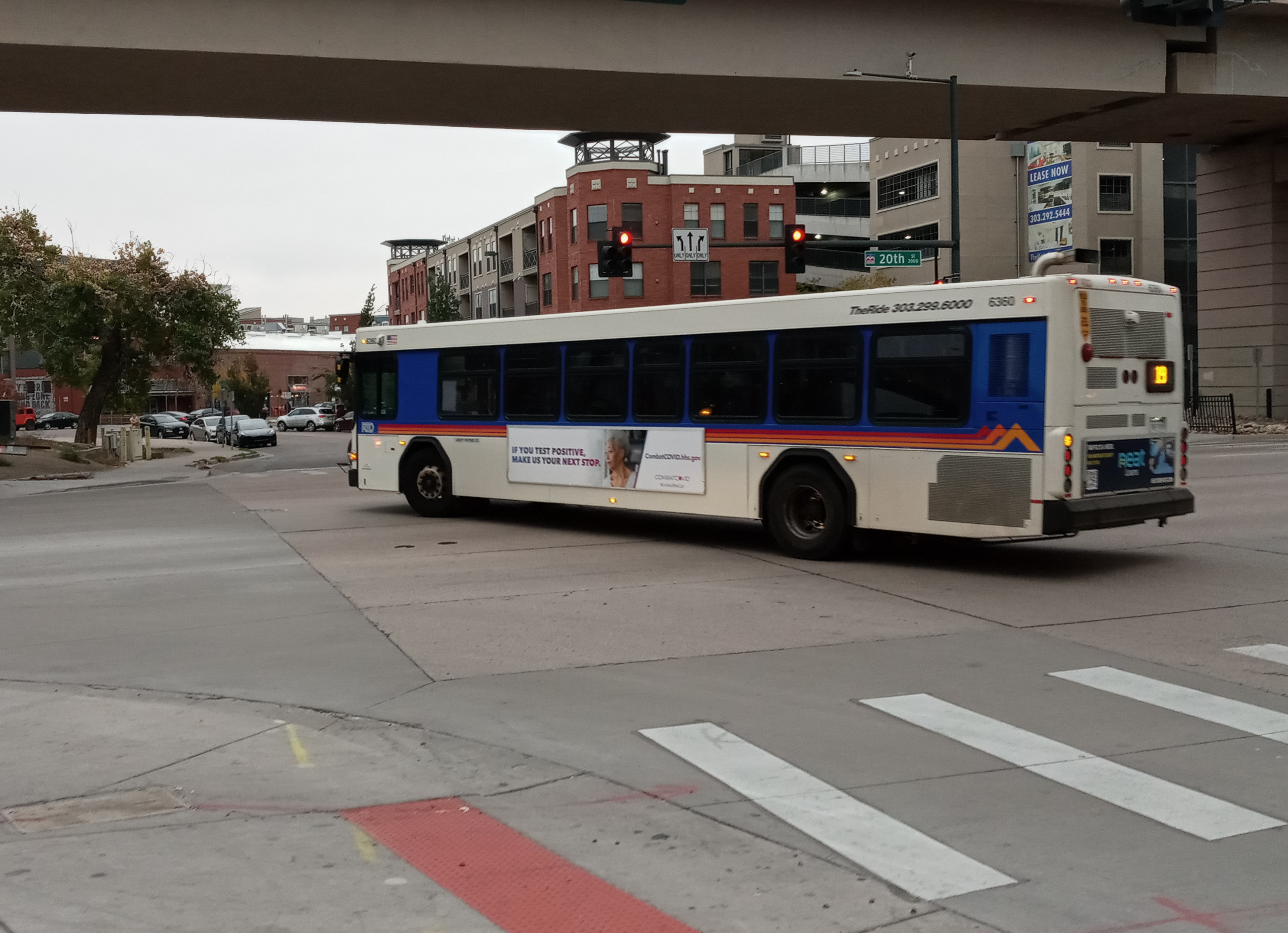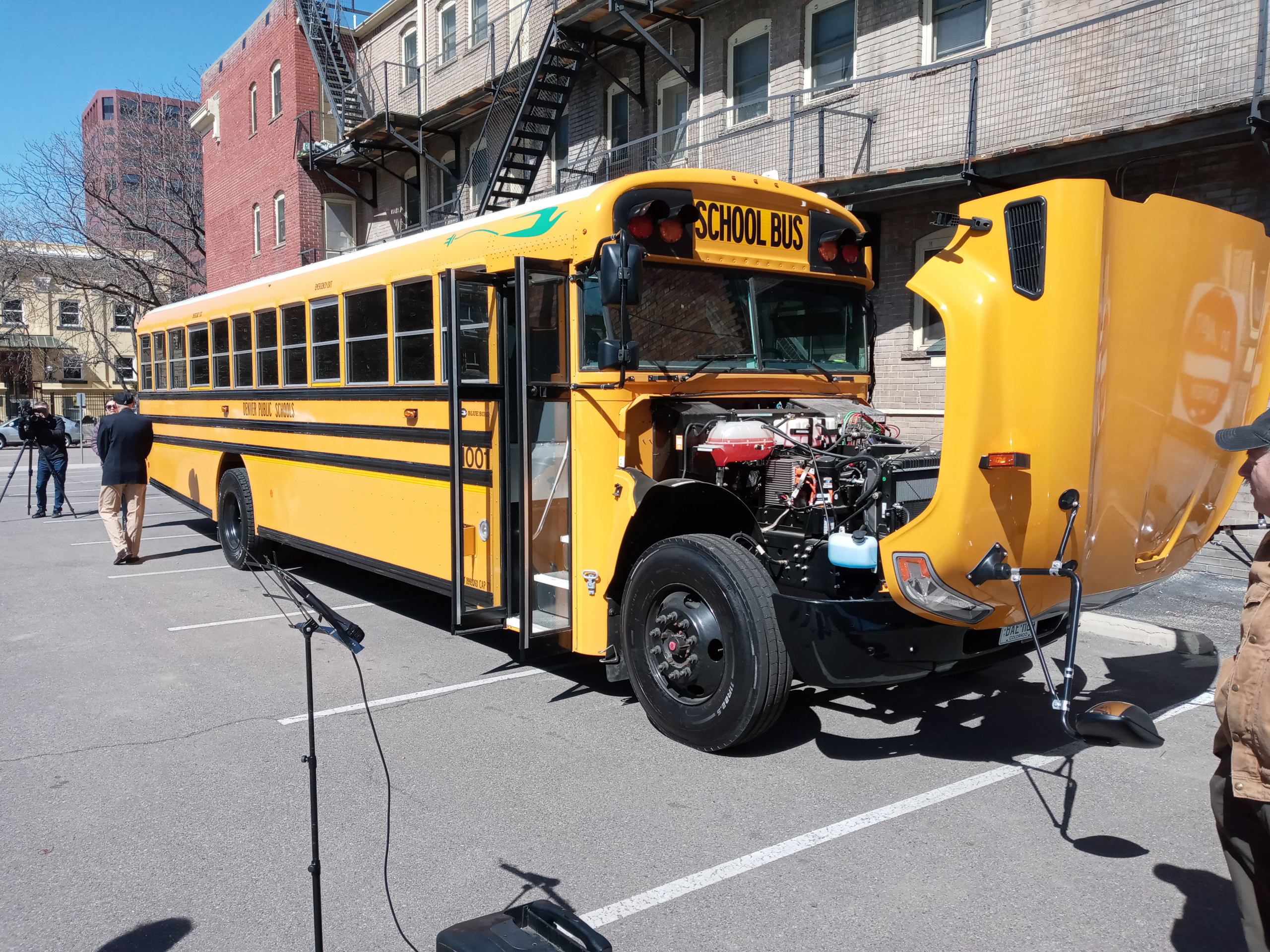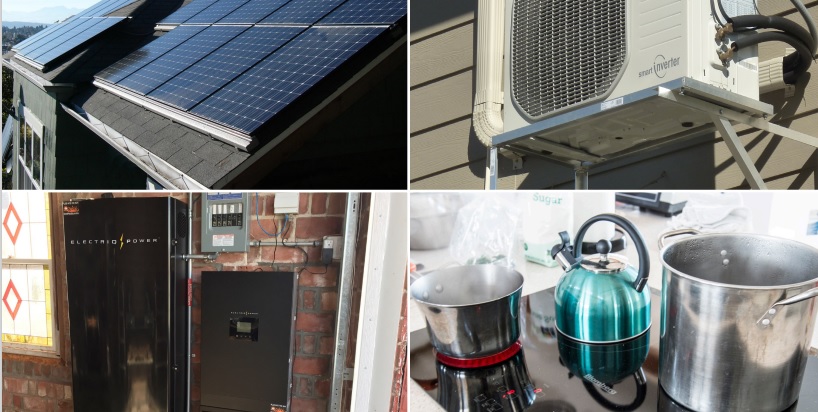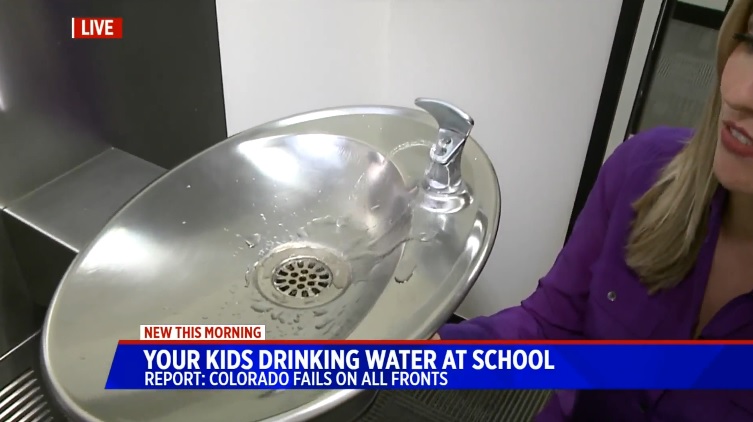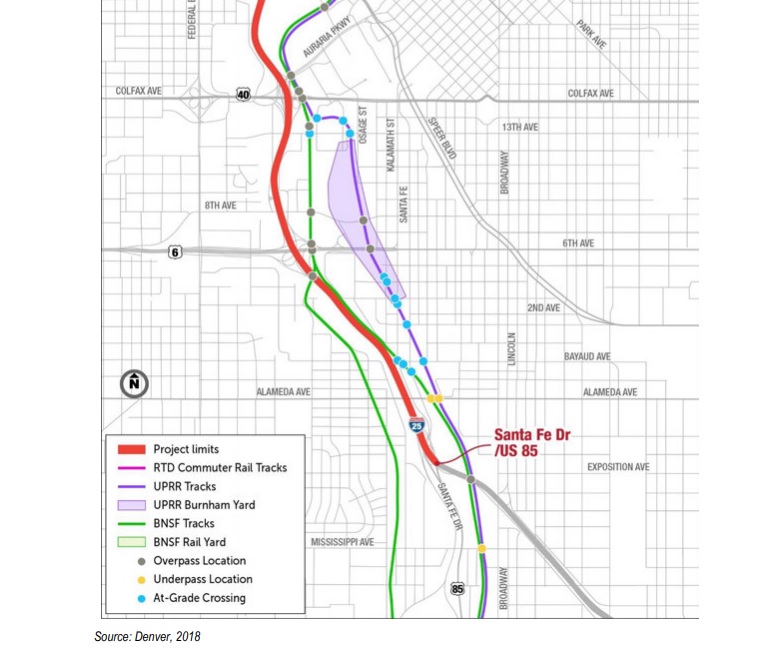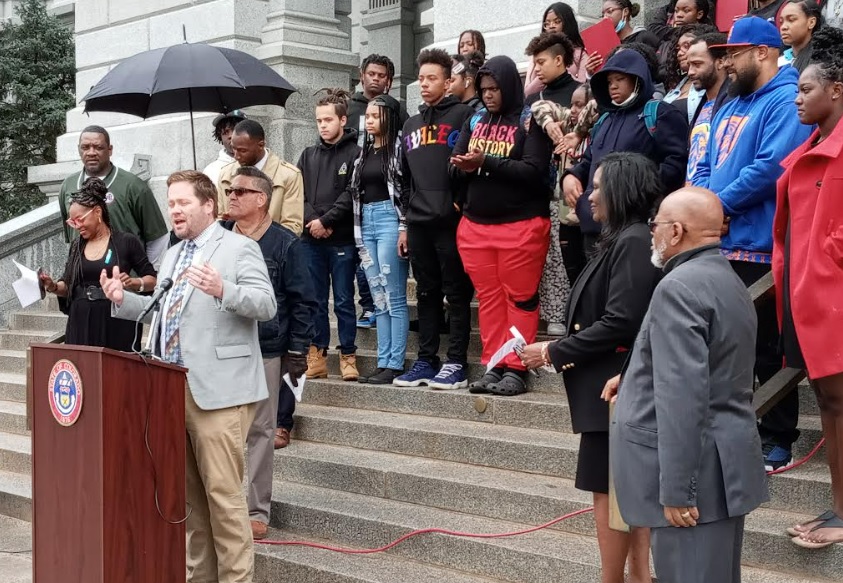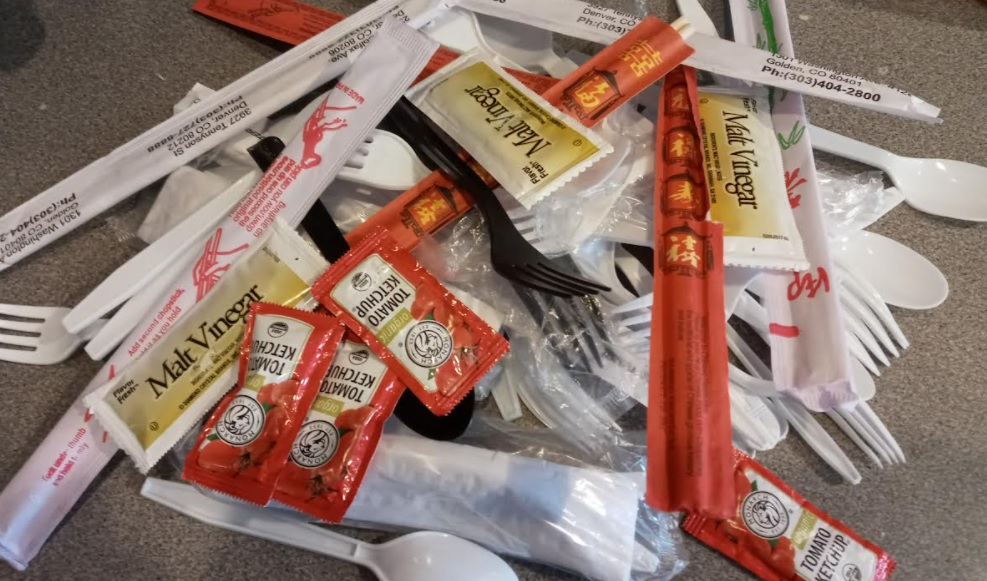More Wins
Colorado took a number of good steps forward around the health of our state. One theme was the investment of millions of dollars into important solutions.
Transit – $28 million was dedicated to at least a month of fare-free transit during summer ozone season at RTD and other transit agencies around the state.
Eliminating transit fares can increase transit ridership, which is an important long-term strategy to reduce air pollution. A recent “Free Fare February” pilot undertaken by the Utah Transit Authority saw ridership increase 17% during weekdays, 58% on Saturdays and 33% on Sundays during the course of the program.
A month of fare-free transit is not enough to solve our ozone problems but eliminating fares will recruit a lot more people to ride transit and build momentum for the bigger investments we need to significantly increase and improve transit service.
SB22-180 also invested $30 million in Colorado’s statewide bus system, Bustang. Launched in 2015, Bustang’s ridership significantly grew from 102,503 annual riders in its first year to 238,302 annual riders in its fourth year.
$30 million is enough to take Bustang routes that have a few buses a day and expand them so they come hourly. That kind of service will increase clean travel options along I-25 and I-70, some of our busiest corridors.
Electric Transportation – The legislature approved $65 million to convert diesel school buses to cleaner electric-powered. Paired with about $10 million the state has already invested, Colorado is now investing more money per capita into electric school buses than any other state, helping to accelerate our transition to 100% clean school buses.
Diesel exhaust has been linked to several serious health risks, including increased rates of respiratory illness and cancer. Diesel exhaust is internationally recognized as a cancer-causing agent and classified as a likely carcinogen by the U.S. Environmental Protection Agency.
Getting to school shouldn’t include a daily dose of toxic pollution, or increase the chances that people will get sick.
The same bill, SB22-193, also included $12 million to expand access to e-bikes. That size investment means Colorado is also the national leader in this category, speeding up adoption of this great clean travel option.
E-bikes can reduce pollution by replacing car trips and bring with it additional benefits including much lower transportation costs than owning and operating a vehicle, health benefits from the associated exercise and a much smaller footprint in our urban areas, freeing up limited street space.
Nearly 50% of trips in the DRCOG region are less than three miles, a distance that can be covered easily with an e-bike.
Cleaner Buildings – New requirements around energy codes will make sure new homes and major renovations are ready for electric vehicles, solar panels, and electric heat.
Fuel used in residential, commercial, and industrial spaces is one of the largest sources of greenhouse gas pollution in Colorado along with our vehicles. We can cut pollution (both indoor and outdoor) and our utility and gas bills by switching to electric vehicles, heat pumps and solar panels.
Unfortunately, that shift is really costly if the house wasn’t built to handle them.
That’s why it’s critical our energy codes require electric and solar-ready new buildings, paving the way to a cleaner, more affordable energy and transportation future. The bill, HB22-1362 also includes $25 million to help convert buildings to cleaner electric-fueled.
In addition, HB22-1218, adds electric vehicle charging requirements for commercial buildings and multifamily residences, supporting our transition to 100% electric-powered vehicles.
Get the Lead Out of School Drinking Water – HB22-1358 dedicates $21 to identifying and remediating lead-contaminated drinking water in K-5 schools and child care centers.
Lead is a potent neurotoxin that can affect how children learn, grow and behave. There is no safe level of lead exposure for children.
This bill requires covered buildings to test all sources of drinking water for lead and post the results publicly. If lead is detected at concentrations of 5 parts per billion (ppb) the entity must install filters that prohibit lead exposure at that tap.
We’re recommending that all schools and child care centers go beyond the requirements of this bill and use 1 ppb as the standard to filter.
Our Get the Lead Out toolkit offers additional avenues for funding so we can filter all taps and protect all kids no matter the grade.
Stopping Online Counterfeiters – One of the earliest bills to pass and be signed by the Governor was HB22-1099, which requires third-party sellers on online marketplaces to disclose basic information so the public can verify who and what is actually behind the products they are purchasing.
This kind of transparency is important to stop counterfeiters from evading the consumer protections we have in place for everything from masks to toys.
Reducing Wildlife/Vehicle Collisions – SB22-151 will dedicate $5 million to build out more wildlife corridors under/over our major roads.
There are thousands of vehicle-to-animal collisions every year because we have not adequately designed a transportation system that gives animals the ability to move through their environment without walking across a busy road.
Colorado has a track record of successful wildlife crossings reducing collisions – some by as much as 92%. We just need more money to build more of them.
Save the Bees – SB22-199 requires the state to develop best practices and policies to protect bees, whose populations have been steadily declining.
As much as 75% of our crops depend on pollinators like bees to some extent, so we must act quickly to stop the loss of these critical species.
Surprise Medical Bills – HB22-1284 will align state and federal surprise medical billing laws to maximize protections for Colorado consumers.
The problem of surprise medical billing is so rampant that 1 in 5 Americans who visit an emergency room or have surgery receive them. The average surprise emergency room bill costs the consumer about $600 and air ambulances can be in the thousands of dollars.
By aligning previous state and federal protections, we’re giving consumers ample time to know and understand the costs and implications of out-of-network services and the ability to make alternative arrangements if they choose.
Front Range Rail – With the population of Front Range urban communities from Pueblo to Fort Collins growing quickly, SB22-176 invests millions to help move a front range passenger rail system forward as a transportation option.
Specifically, the bill zeros in on a key bottleneck in Denver – the Burnham Yard. Using this old train yard in a way that allows for passenger rail from Denver to Colorado Springs and beyond, will provide a necessary transit option and reduce the need to waste billions adding new lanes to I-25 that won’t actually reduce traffic.
Capping Contributions to School Board Candidates – For the first time ever, HB22-1060 will ensure that candidates for school boards can no longer receive campaign contributions of unlimited size.
Elections should be about broad support, not about the size of any one individual’s wallet. Colorado has contribution limits for every other major electoral office. School boards should be no different. Now, school board races have been brought under the same contribution caps as other offices.
Consumer Protection – One way to reduce the success of predatory companies in the marketplace is to ensure people have the help and alternatives on the front end to avoid them.
HB22-1315 allocates $1 million to support the 2-1-1 program, a statewide call system that allows people to access trained professionals with information on everything from legal services to tax preparation, rental and utility assistance. 2-1-1 is a proven way to help people avoid predatory traps and cycles of debt.
HB22-1359 would create a pilot program to help Coloradans struggling to make ends meet by helping expand affordable small dollar loans. With $5.2 million, the State Treasurer’s office will have an opportunity to develop ways to keep people away from predatory lending products.
